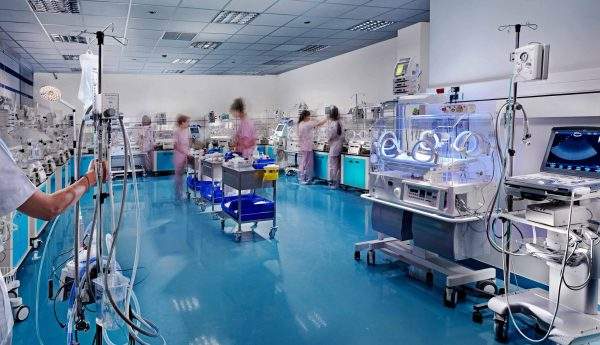
Centers of Excellence

The Department applies strict, internationally accepted scientific standards for safe oncologic treatment and proposes more conservative interventions.
In the last years, the development of malignant neoplasms has no mercy on age, resulting in more frequent cases being diagnosed in younger ages. Specifically, gynecological cancer is likely to appear in young women who wish to preserve their reproductive capability and have children.
In these cases, fertility preservation is possible under conditions and patients need to be informed by qualified physicians of the choices available, so as to preserve their fertility, and be able to conceive and give birth to healthy babies.
The MITERA Fertility Preservation Department for women with gynecological cancer, headed by Mr. Nikos Akrivos, RCOG – ESGO Gynecologist/Oncologist, aims at providing information to cancer patients and assisting them to decide how to address the issue, with the ultimate aim being their safety.
The Department applies strict, internationally accepted scientific standards for safe oncologic treatment and proposes more conservative interventions. This way after being full briefed, patients are aware of all the data concerning them and decide on the treatment type. In all events, each case is examined separately and the treatment is determined and decided at the Oncology Board, after a long discussion with other specialists.
Specifically: